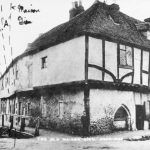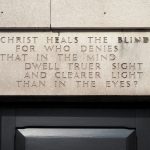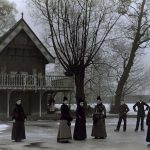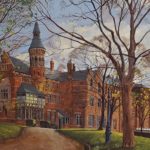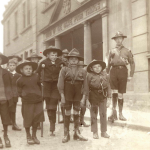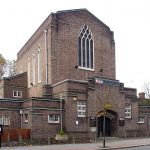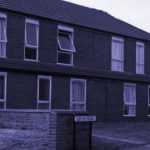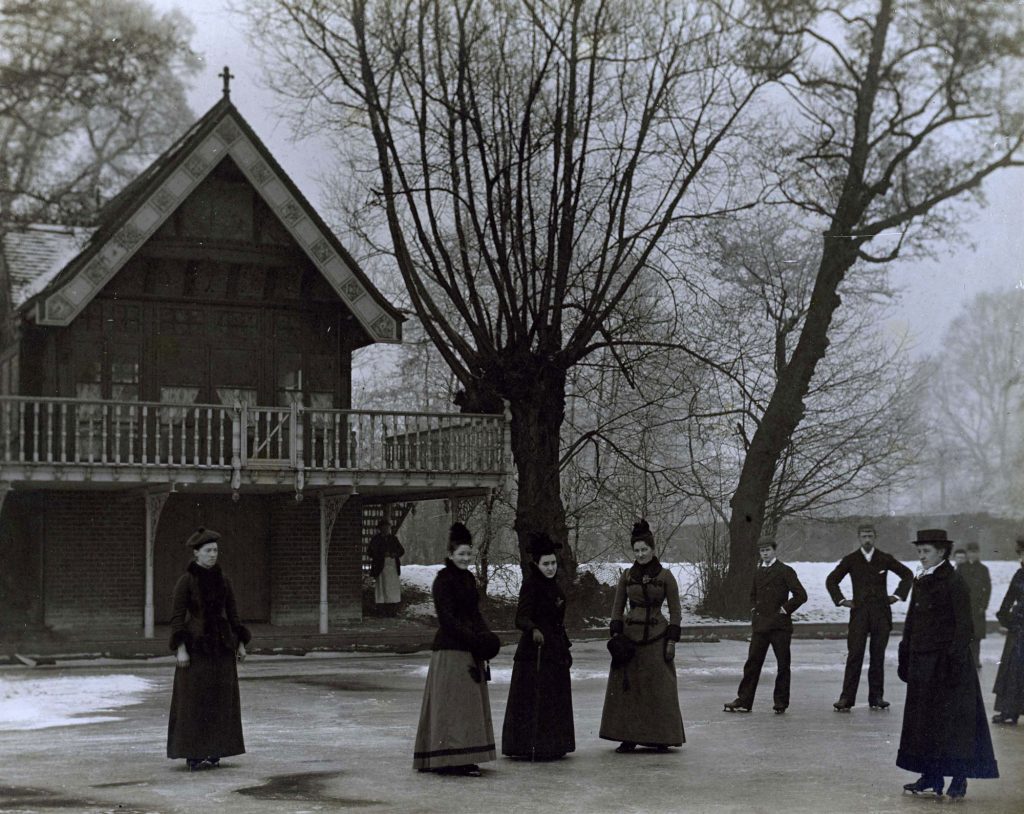In 1868, Dr John Langdon Down established Normansfield Hospital, a specialist ‘Training College for the feeble minded’ based in Teddington, Middlesex. Now home to the Langdon Down Museum of Disability, Normansfield is widely considered to be the ‘spiritual home’ of Down’s Syndrome, a condition first characterised by Dr Langdon Down in the 1860s.
When I read and hear all the new ideas of recreation and education in the modern mental hospitals, I realise how advanced Normansfield was”.
Dr Langdon Down’s vision at Normansfield was to ‘provide the highest possible culture’ and ‘the best physical, moral and intellectual training’ to residents, determined “to open out fresh realms of happiness for a class who have the strongest claims on our sympathies”.
In a testimonial written by his granddaughter, the hospital was described as ‘more of a home than a Home’, a place where creativity was encouraged and residents were exposed to the finer things in life.
The buildings and grounds at Normansfield were far removed from the prison like conditions of many Victorian asylums. Dr Langdon Down recognised the effect the environment had upon his residents and during the 1870s and 1880s, more land was purchased to facilitate the growth of the centre. According to grandson Norman Langdon Down, “there was always a farm at Normansfield” for education, training and play.
Inside the main centre, an opulent theatre was built in 1879, used for the weekly ‘Entertainments’. In fact, a 1908 edition of the Normansfield Magazine explains that ‘The Effect of Music’ had ‘a most wonderful effect upon…our charges’, the ‘Entertainments’ remaining a valued part of the weekly schedule.
It is confirmed by Dr Langdon Down’s granddaughter that “there was every chance…for any patient (or staff) who so wished… to, sing, dance, recite or act”. She reflects on this, “when I read and hear all the new ideas of recreation and education in the modern mental hospitals, I realise how advanced Normansfield was”.


